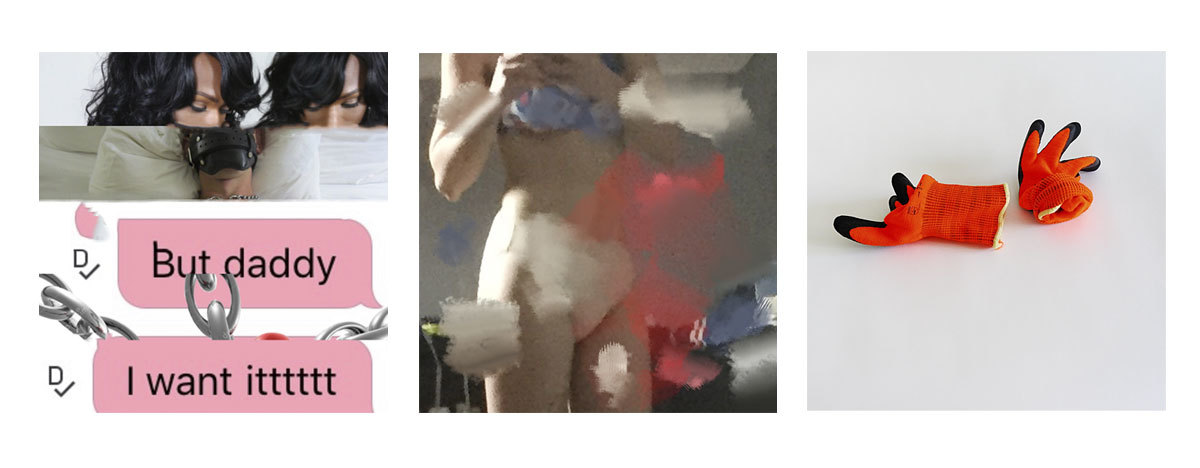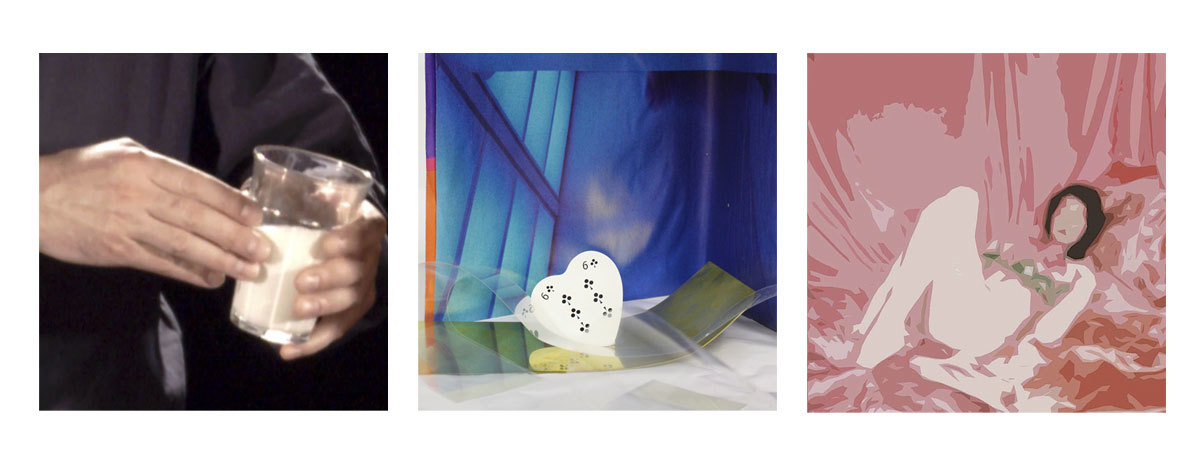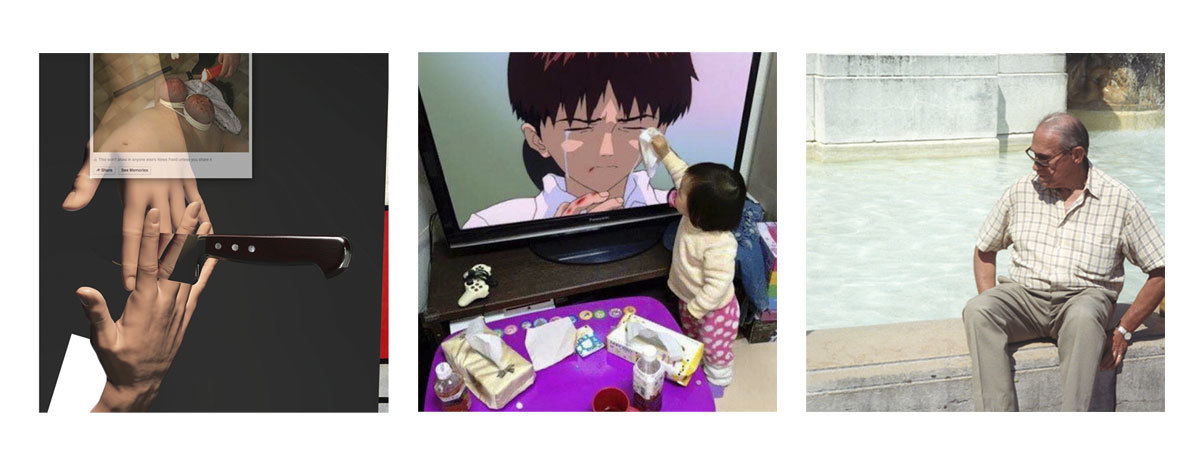The Mercury Theatre is a new gamified art concept asking contemporary artists to compete anonymously for social media favour, measured — of course — in ‘likes’. Molly Soda, Arvida Byström, Mike Fleming, Emilie Gervais and Jeremy Couillard are among the 30 international artists taking part, vying for your votes in a game of experimentation and elimination. i-D caught up with video and performance artist Elsa Philippe — who will be developing The Mercury Theatre concept during residencies at Heima in Iceland and at Laboratory in Spokane, USA — to get the low down.

What is The Mercury Theatre and how does it work?
The Mercury Theatre is an Instagram art competition that involves a selected group of international artists and asks them to think of Instagram as a medium itself. The Mercury Theatre uses the Internet as its playground: the artists are the contestants, they play with a new anonymous Instagram account, creating an online anonymous artistic alter ego. Obeying rules similar to those of reality shows: castings, weekly challenges, eliminations and of course a winner. The audience votes by liking the posts.
From now until 7 February is the casting. The public can vote on The Mercury Theatre instagram for their favourite anonymous identities. The 20 candidates who receive the most likes will be shortlisted and Mercury will then make the final selection of 10 candidates. The game starts at the beginning of April 2016 and lasts for 8 weeks. The Mercury Theatre is a reality show so expect some plot twists, gossip and drama…
Why did you start The Mercury Theatre?
I am interested in the development of the human self in contemporary cultures and especially in the ways we use communication technology to serve the cult of the self. At the moment my research is focused on online narcissistic behaviours, and the ways we use images to polish our online identities. I have noticed some similarities between our attitude on social media (especially on Instagram), and those of reality show’s participants. Such as the creation of the perfect identity, competition, gossip, the hunt for recognition and fame… I think social media are a new digital version of reality shows and I wanted to push this latent ‘likes’ competition to make it something fun and grotesque. I was also interested in working on a bigger project than usual and broadening my practice to a collaborative, curatorial online experience. To give international artists and curators (who will give the weekly challenges) opportunities to direct the content of my work in a different ways.

You are better known for your videos, do you think that this project is performance related?
Performance is omnipresent in my video work and it was important to me to keep some significant aspects of my work in this project. In The Mercury Theatre, I will be playing as ‘the voice’, ‘the production’ – named Mercury. Mercury will be directing the game, and by appropriating the content created by the artists, Mercury will form the narrative side of the game, creating the drama. Mercury will appear in video episodes telling us what happened every week: the highlights of sorts.
To me, how we behave and the time we spend polishing our identities online is a performance in itself. For The Mercury Theatre the artists have to think and create a new anonymous online identity. They have to question Instagram as a medium, a space itself and investigate how their new identity can evolve and take over this digital space. By its immateriality and its temporality, same as performance art, The Mercury Theatre will be archived only through images, videos and texts.
How were the artists chosen?
Most of the artists were chosen as their work is related to the internet, identity, the self, anonymity … and others because of their aesthetic, concept or even weirdness. I wanted to gather artists working with different mediums and approaches to art. It was important to me to select a broad range of participants. Same as any reality show, to include very different types of personalities and identities. I have never met half of the artists, but I discovered that some of them actually are friends in real life. It’s funny to create this kind of unexpected competition.

What are your thoughts on making art competitive?
I don’t think this project is making art more competitive than it is already. The artists who are taking part are not really playing to win but to have fun and broaden their own practice or to push further some of their artistic concerns. The competitive side of the game also encourage the artists/players to think, try different ways to promote their work online. As the artists will play anonymously, the results of the project will be based on the quality of the work and not on the artist’s name or CV, which makes it less cruel and competitive than real life. To me this project is more of a game than a competition.
Credits
Text Kristina Britton
